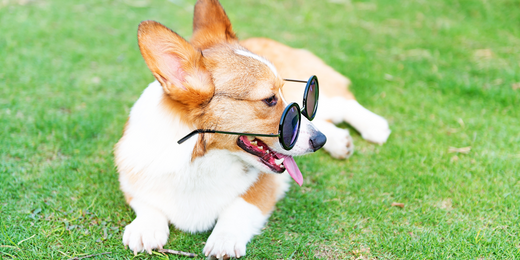Introduction
Socialization Tips for Your Pembroke Welsh Corgi: Start early for a confident and friendly dog
- Proper socialization prevents fear, anxiety, and aggression in unfamiliar situations
- Introduce your Corgi to new people, environments, and sounds gradually for experiences
- Controlled exposure to other dogs helps develop good canine manners
- Positive reinforcement during socialization builds trust and strengthens your bond
- Consistent socialization helps your Corgi handle new experiences calmly and confidently
- Exposure to diverse environments fosters adaptability and reduces stress
- Regularly socialize through puppy classes, playdates, and outdoor walks
1. Start Socialization Early: The Importance of Puppyhood
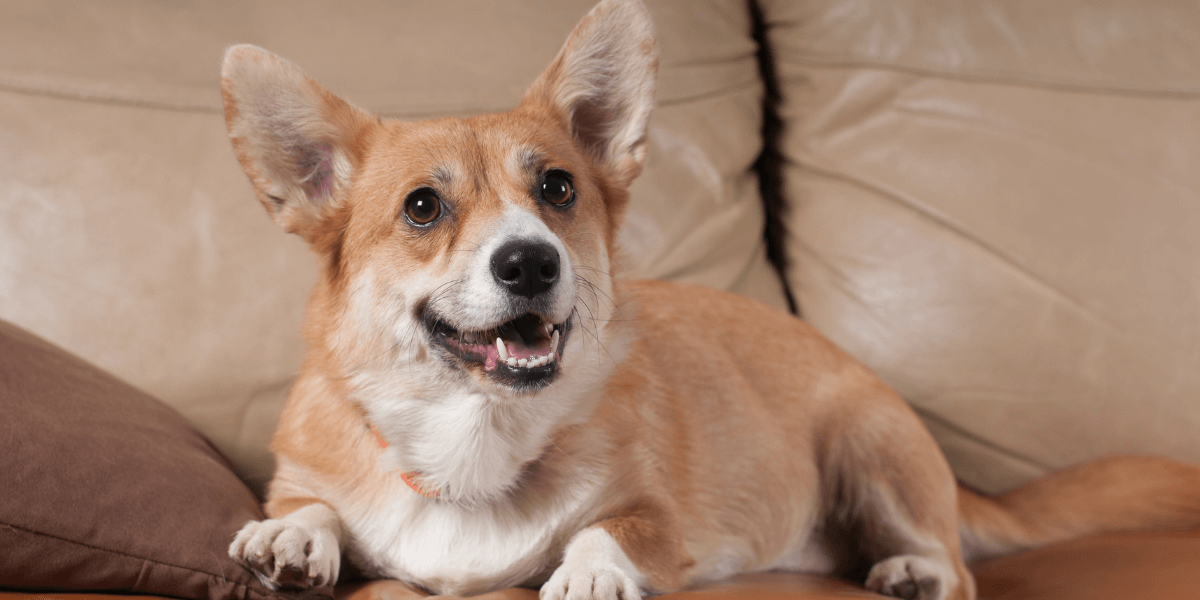
The foundation of a well-socialized Corgi begins during puppyhood
The period between 3 to 14 weeks is a critical window when puppies are most receptive
During this time:
- Introduce your Corgi to various people: Expose them to different age groups to reduce the likelihood of fear or aggression later
- Familiarize them with various environments: Whether it’s the park or a friend’s home, different settings help your puppy
- Expose them to common sounds and objects: Loud noises like vacuum cleaners and traffic should be introduced gradually
Starting socialization early helps build a strong foundation for a balanced adult dog
However, even if you adopt an older Corgi, you can still make progress
2. Introduce New Experiences Gradually
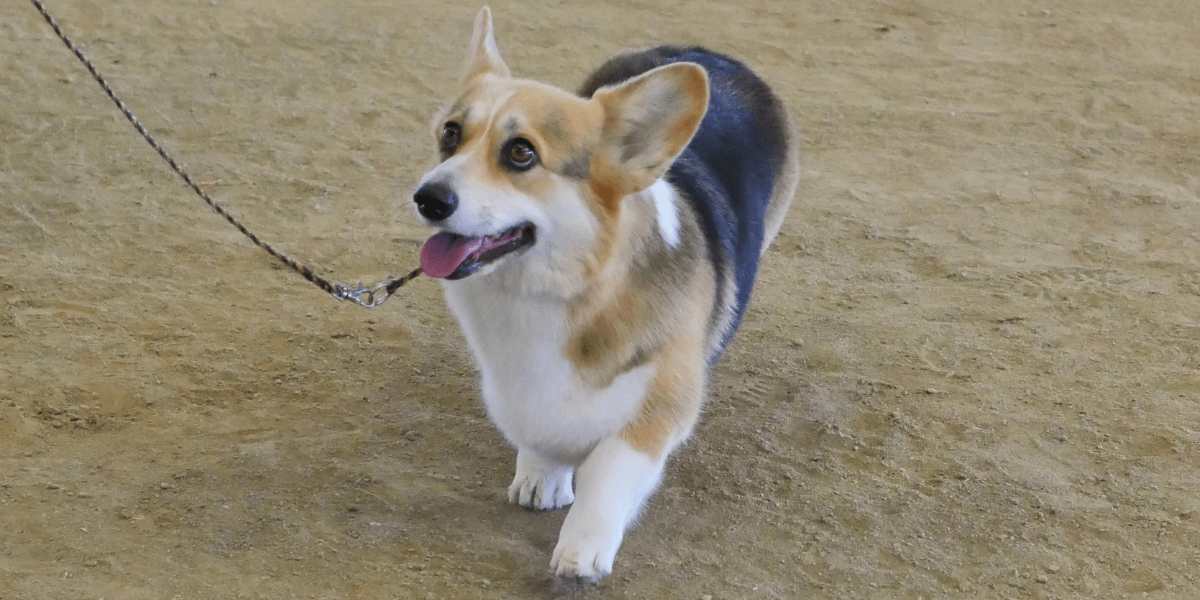
While it’s important to expose your Corgi to a range of experiences
Gradual exposure allows your dog to feel safe and comfortable:
- Start with low-stress environments: Begin in quieter, less chaotic settings before moving to busier areas
- Use positive reinforcement: This creates a positive association with unfamiliar situations
- Monitor their reactions: If your dog appears stressed—evident through behaviors like whining
The goal is to ensure that each new experience is a positive one
So your Corgi learns that exploring the world is fun and rewarding
3. Encourage Positive Interactions with Other Dogs and Pets
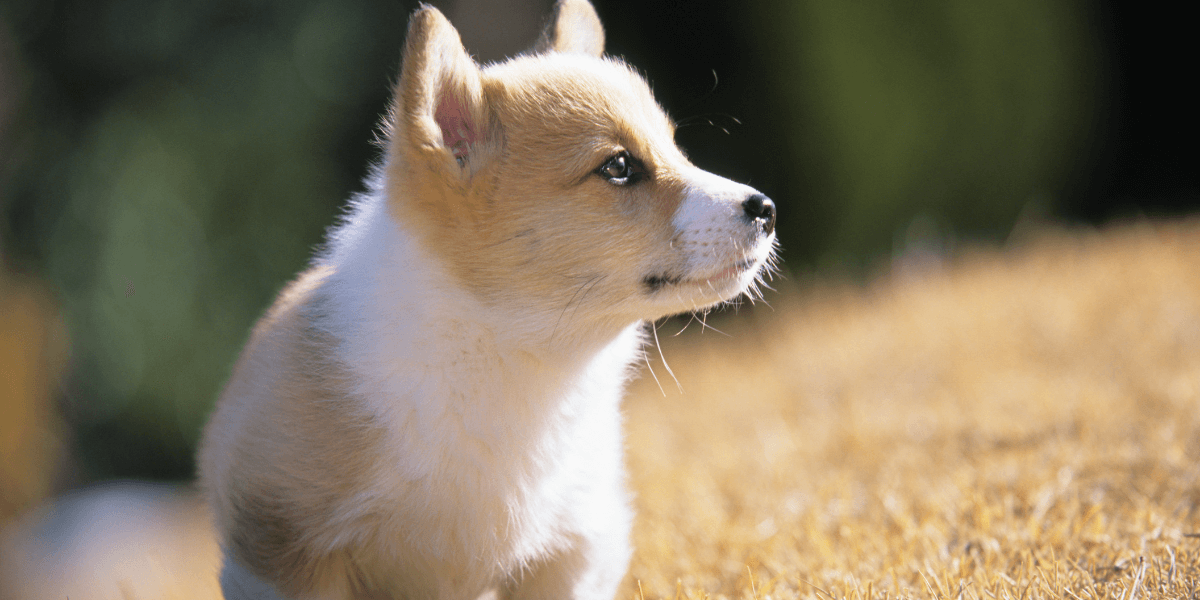
Dog-to-dog socialization is crucial for teaching your Corgi
How to interact appropriately with other animals:
- Arrange playdates with well-behaved dogs: Opt for calm, friendly dogs that are likely to offer a positive social experience
- Visit dog parks cautiously: While dog parks offer great socialization opportunities, monitor play sessions closely
- Consider supervised group training classes: These classes not only help obedience training but also provide a controlled environment
important to teach your dog the difference between playful behavior and inappropriate
Encourage positive interactions and redirect negative behaviors early
4. Teach Basic Commands to Build Confidence
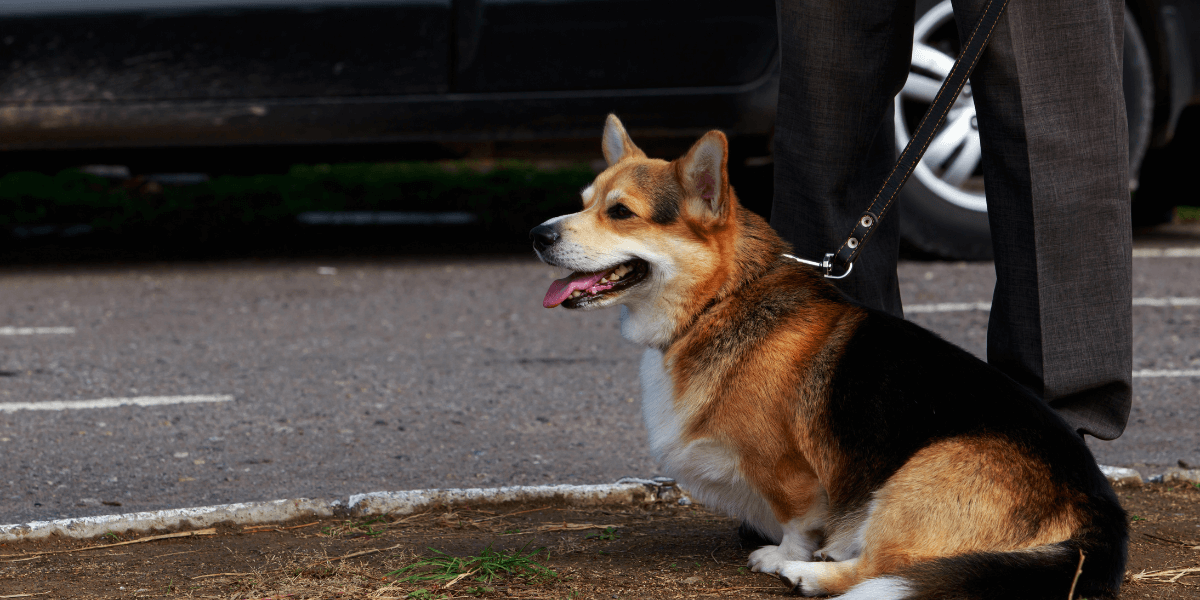
Socialization isn’t just about exposure—it’s also about teaching your Corgi.
Basic commands “sit,” “stay,” and “leave it” can be powerful tools during socialization:
- Use commands in different settings: Practice basic obedience in various environments to help your Corgi feel secure
- Build confidence through training games: Positive reinforcement training boosts your dog’s confidence
- Teach appropriate greeting behavior: Commands like “sit” or “wait” before interacting with strangers help manage excitement
Confident dogs are more likely to handle new experiences calmly
Which leads to better overall socialization outcomes
Teach basic commands to your Corgi and explore tips for raising a well-behaved gentle giant here!
5. Expose Your Corgi to a Variety of People and Animals
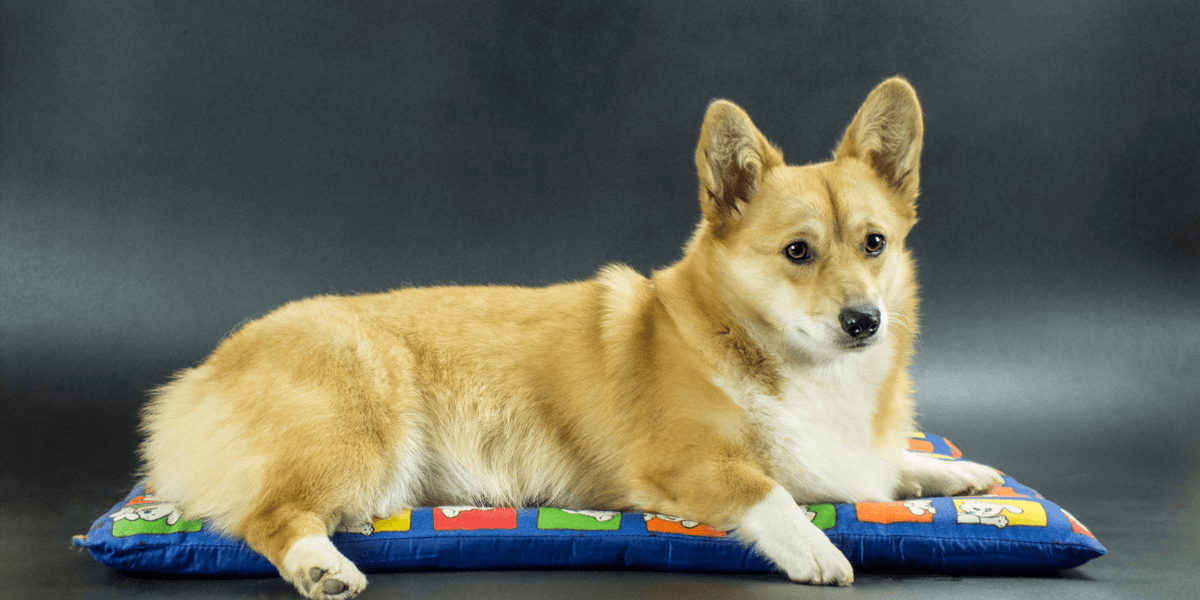
Corgis are naturally curious and sociable.
But they can develop strong preferences for certain types of people or animals:
- Invite friends and family members over: Gives your Corgi a chance to get used to different appearances and personalities
- Introduce them to other animals: Gradual and supervised introductions can prevent territorial behaviors
- Practice calm greetings: Encourage your Corgi to approach new people and animals calmly
The more diverse their exposure, the more adaptable your Corgi
6. Monitor Body Language and React Accordingly
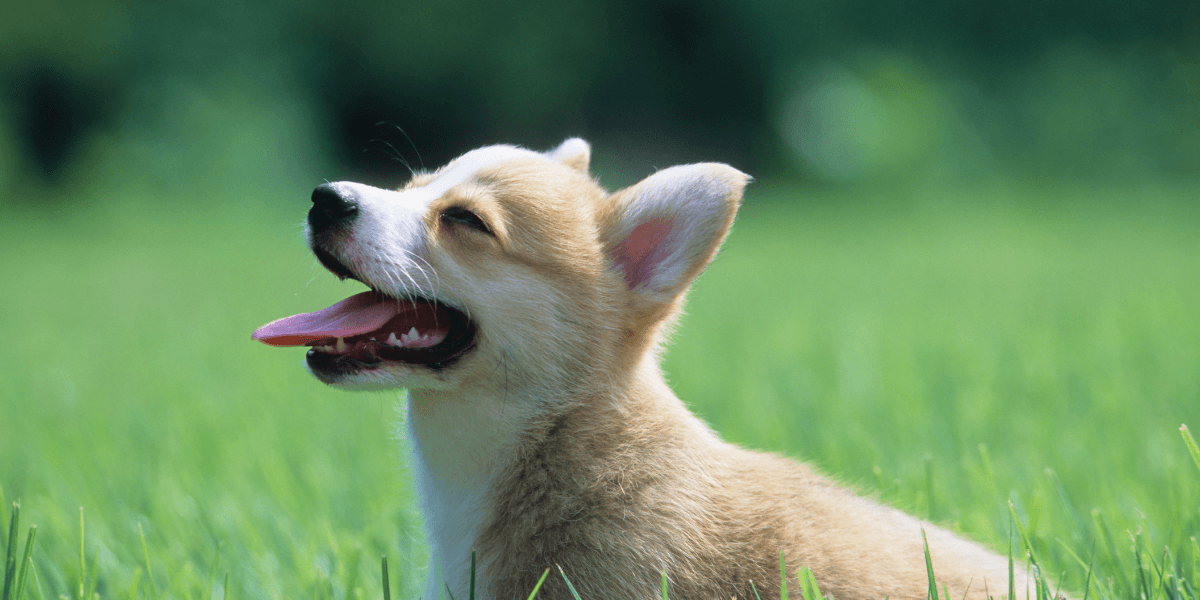
Understanding your dog’s body language is essential during socialization.
Signs like a wagging tail, relaxed ears, and an open mouth indicate comfort
While pinned ears, tucked tail, and lip licking signal stress or anxiety:
- Watch for signs of discomfort: If your Corgi shows signs of fear or stress, remove them from the situation
- Provide breaks when needed: Socialization can be mentally taxing for dogs
- Use positive associations: Pair potentially stressful situations with treats or favorite toys
Being in tune with your dog’s comfort level ensures that socialization
Is a positive experience rather than a source of anxiety
Learn to monitor your Corgi's body language and spot potential health issues in dogs with expert insights!
7. Be Patient and Consistent

Socialization is a process that takes time and consistency.
Every dog is unique, and some Corgis may take longer to feel comfortable:
- Set realistic goals: Progress may be slow, especially if your Corgi is naturally shy or cautious
- Practice regularly: Frequent, short socialization sessions are more effective than occasional long ones
- Stay positive: If you’re calm and confident, your dog is more likely to mirror those feelings
The key to successful socialization is patience and persistence
Consistent positive experiences will help your Corgi grow into a well-rounded
Be patient and consistent with your Corgi training—explore the top tips for raising a healthy companion!
FAQs
1. When should I start socializing my Corgi?
- Start as early as 8 weeks for best results
2. How do I introduce my Corgi to other dogs?
- Use calm, positive, and controlled settings
3. What are key environments for Socialization Tips for Your Pembroke Welsh Corgi?
- Parks, busy streets, and pet-friendly stores
4. How can I reduce fear in my Corgi during socialization?
- Introduce new experiences gradually and positively
5. Are playdates helpful for socialization?
- Yes, regular playdates build confidence and social skills
6. What if my Corgi shows aggression during socialization?
- Seek advice from a professional dog trainer
7. Can older Corgis still benefit from socialization?
- Yes, it’s never too late to work on socialization!
Conclusion
- Socialization Tips for Your Pembroke Welsh Corgi ensure a confident
- Consistency and patience are key in guiding your Corgi through new experiences
- Gradual exposure to various environments builds adaptability and reduces stress
- Positive reinforcement encourages your Corgi to embrace social interactions
- Start early to prevent behavioral issues and foster a friendly temperament
- Regularly revisit these socialization practices throughout your Corgi's life
- Remember, a well-socialized Corgi is happier, healthier, and easier to manage
- Implement these tips to see lasting positive changes in your Corgi's behavior
Did you find these tips helpful?
Leave a comment below with your thoughts and experiences on socializing your Corgi!
References
For more information on Socialization Tips for Your Pembroke Welsh Corgi:
- Socialization of the little corgi
- Socialization Tips for Your Pembroke Welsh Corgi: Corgi Puppy Training Timeline
- What are the best treatments for dog hip and joint pain?
- Socialization Tips for Your Pembroke Welsh Corgi
- Dog Breeds Most Prone to Hip Dysplasia
Thank you!
